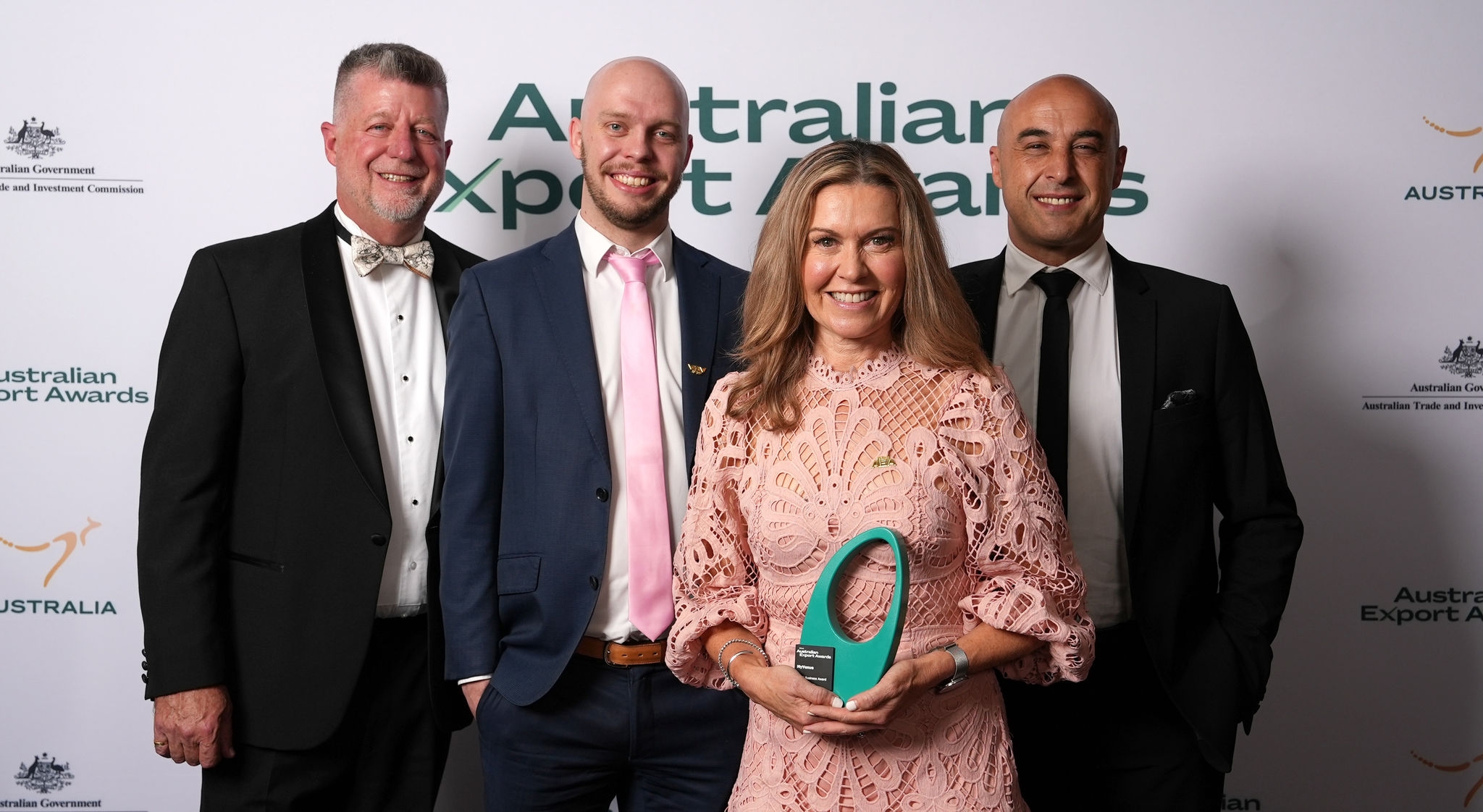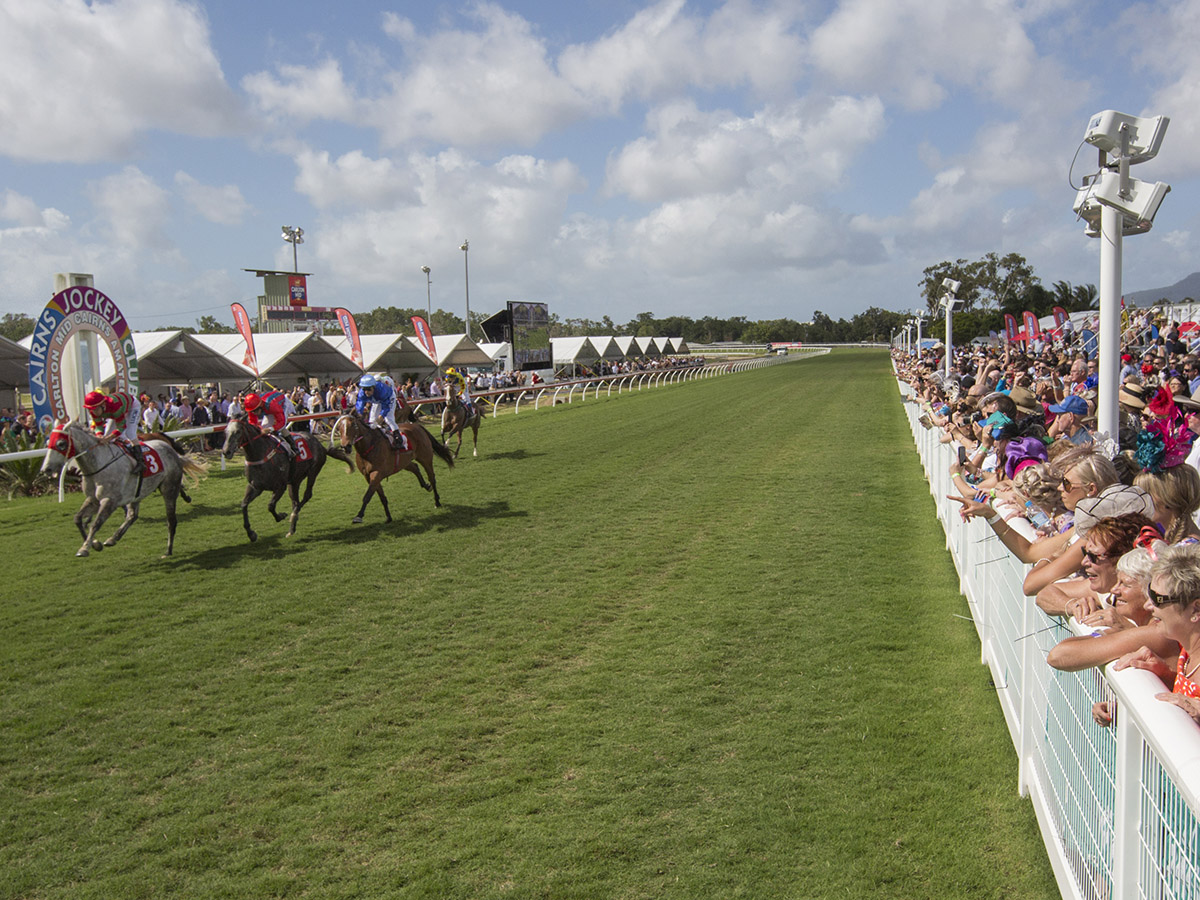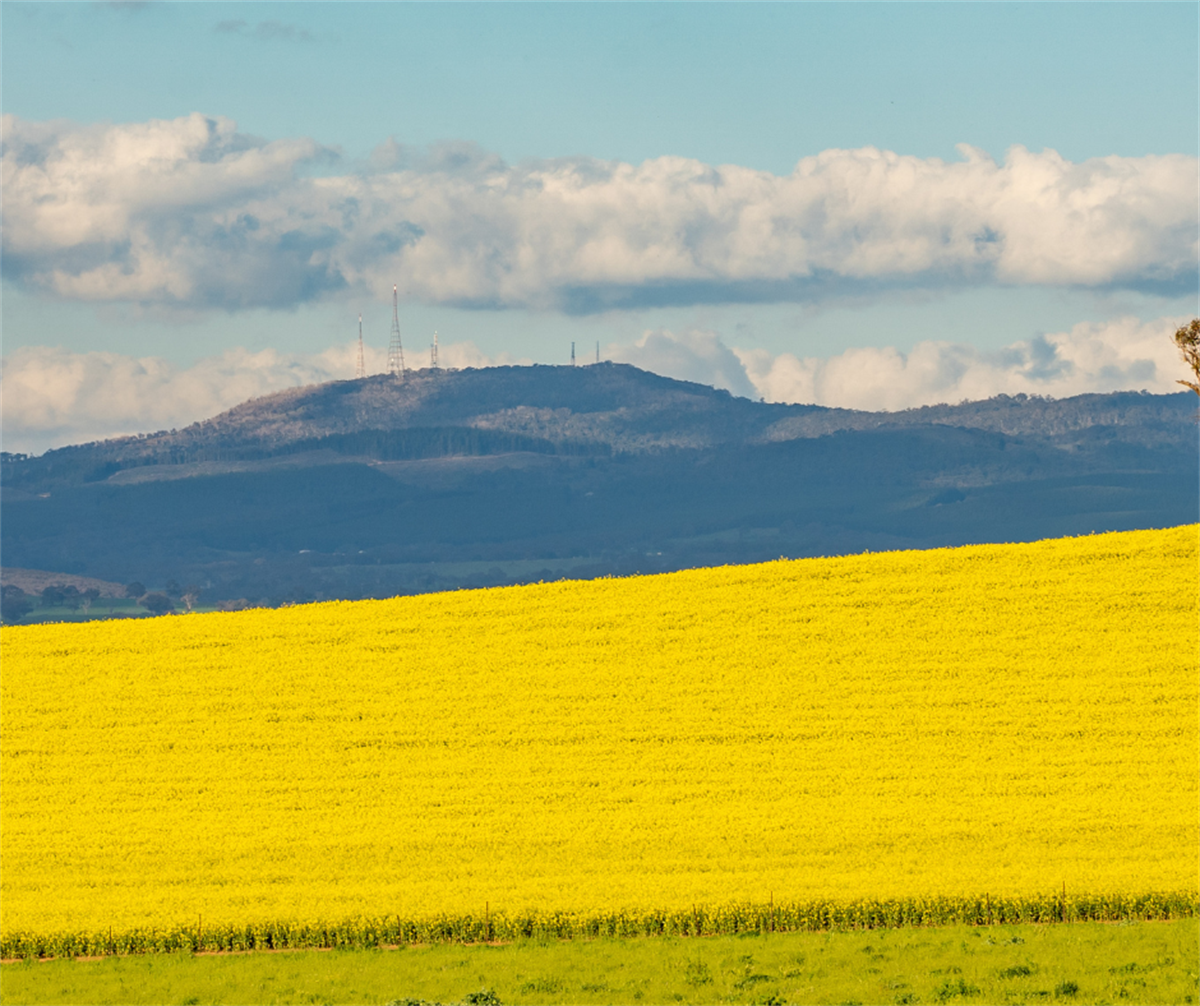Depending how you want to read it, you can say not a great deal happened in Saturday’s Dunkley byelection, or you find there are messages in it for everyone.
Author
Michelle Grattan
Professorial Fellow, University of Canberra
On the first view, Labor’s comfortable win suggests people are feeling the cost-of-living pinch but they’re not blaming the Albanese government.
The Liberals are making the most of a modest swing (3.56% in two-party preferred terms on the latest figures), but it’s par for the course for a byelection. You can’t necessarily say much about other seats from what happened in this one, let alone for a general election more than a year away.
But the parties, naturally and sensibly, will take the view the Dunkley entrails send signals.
We heard this on Saturday when Deputy Prime Minister Richard Marles said “there are many messages in the result tonight and I want to assure every Australian that we will examine this closely and understand every message that is there”.
We’ll see the outcome of this examination initially in the budget. Anthony Albanese’s reworking of the Stage 3 tax cuts helped in Dunkley and more cost-of-living assistance will be rolled out.
Education Minister Jason Clare, who’s just released his universities accord report, should be in a good position to win something on the Higher Education Loan Program (HELP) and/or assistance for teaching and nursing students during their placements. Labor will want to keep its firm grip on younger voters.
What message will the Greens take from the dive in their vote? Perhaps they won’t worry overmuch. Reportedly they were light on the ground at the booths on Saturday. Dunkley is not where they’re trying to be competitive. Their eyes are on inner urban areas.
Most significantly, what lessons will the Liberals garner from Dunkley? Will Peter Dutton adjust his strategy, tactics and team?
In an article on Sunday in the Australian Financial Review, two former MPs, Tim Wilson and Jason Falinski, questioned the hope that the Liberals’ road back to power is via concentrating on the outer suburbs.
They write, “like in Aston nearly twelve months ago, the outer suburbs aren’t sending Liberal MPs to Canberra. An area can’t be the new heartland if your primary vote has a three in front of it.”
Wilson and Falinski are coming from a distinct corner. They lost to teals, in Goldstein in Victoria and Mackellar in NSW respectively; Wilson is seeking preselection for another run and there is speculation Falinski will too. So there is some self-interest at play. Nevertheless their argument will resonate with some Liberals who think Dutton has written off these seats (which he’d strongly deny).
“Dunkley was a critical test for those in circles who theorise that the Liberal heartland has shifted from affluent communities to working class ones,” Wilson and Falenski write. They challenge this theory on the basis of the pattern of swings in Dunkley, and find: “What stands out is the return of the Liberal Party’s traditional stomping ground [such as Mount Eliza North] that has been at risk of going teal”.
Dunkley showed well-off households are “voting defensive once more” in the face of being hit by Labor, Wilson and Falinski say.
“Liberals need to win seats like Dunkley to form government. But it is not their heartland; communities like Curtin, Higgins, Mackellar, Warringah, North Sydney and Wentworth are.”
Their conclusion is the need for the Liberals to have a convincing economic plan (although threading the needle between the outer suburban and former “heartland” constituencies could be much more complicated).
Such a plan, it might be said, requires content and salesmanship. The Liberals are presently lacking in both.
Expectations are now being raised about Peter Dutton’s budget reply – will it contain some serious and major policy?
Whether policy comes then, or around then, the opposition surely cannot delay much longer telling people what it would do in some key areas. Anthony Albanese’s small target approach worked when the Coalition and especially its PM were seriously on the nose. But it’s quite likely the public will still be relatively patient towards the Albanese government next year.
Dutton intends soon to announce a reshuffle of his frontbench, filling the vacancies of shadow assistant treasurer and shadow cabinet secretary (left by the departures of Stuart Robert and Marise Payne), and making some other minor changes.
The reshuffle is long overdue. But it will not address core problems Dutton has with his weak frontbench. His shadow treasurer, Angus Taylor is not up to the job when that job is to match and better Treasurer Jim Chalmers. And Dutton’s deputy, Sussan Ley, has become shrill and displays poor judgement, as shown by her inflammatory social media post last week saying, “If you do not want to see Australian women being assaulted by foreign criminals, vote against Labor”.
But both Taylor and Ley are effectively locked into their positions, and Dutton is the loser.
![]()
Michelle Grattan does not work for, consult, own shares in or receive funding from any company or organisation that would benefit from this article, and has disclosed no relevant affiliations beyond their academic appointment.








